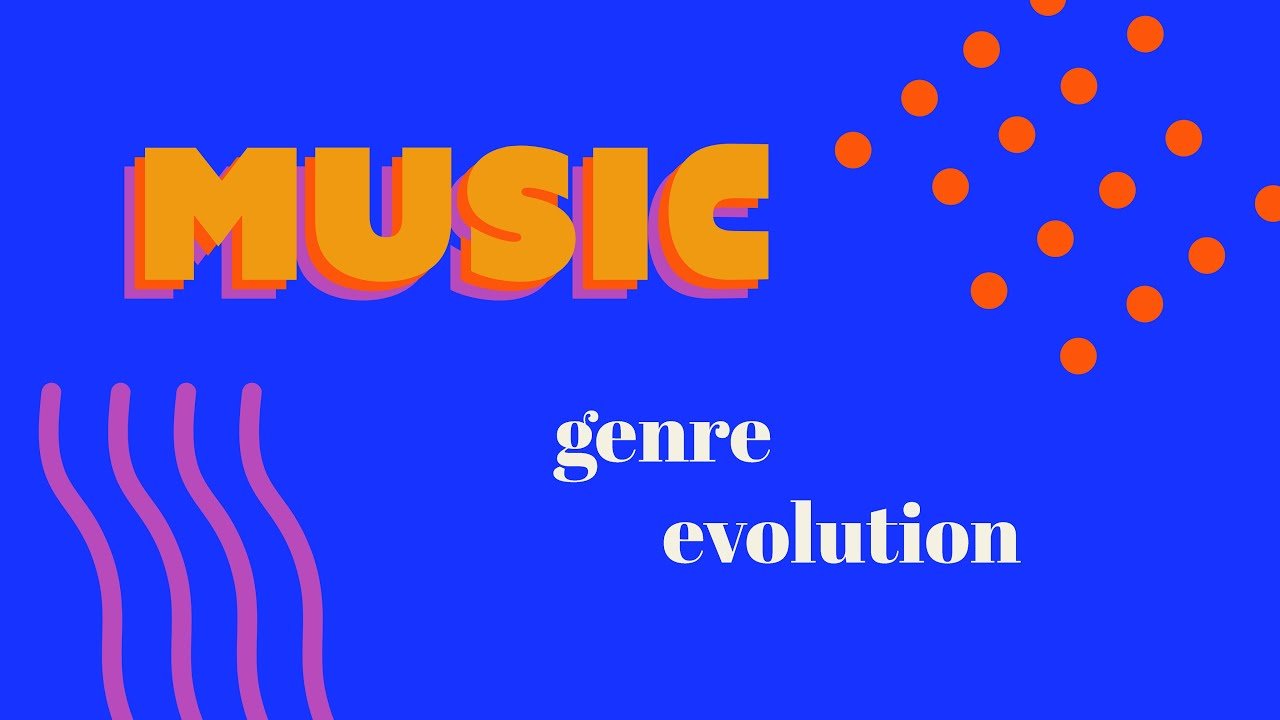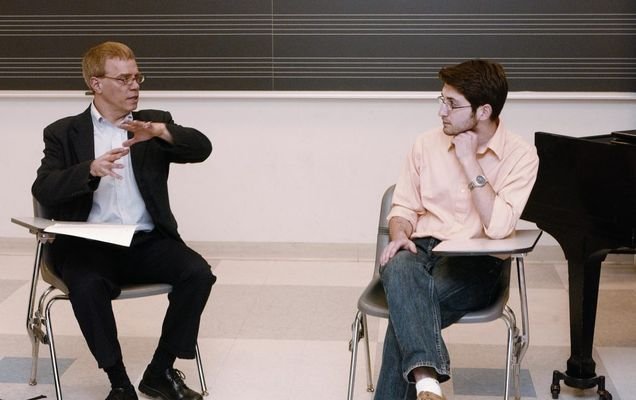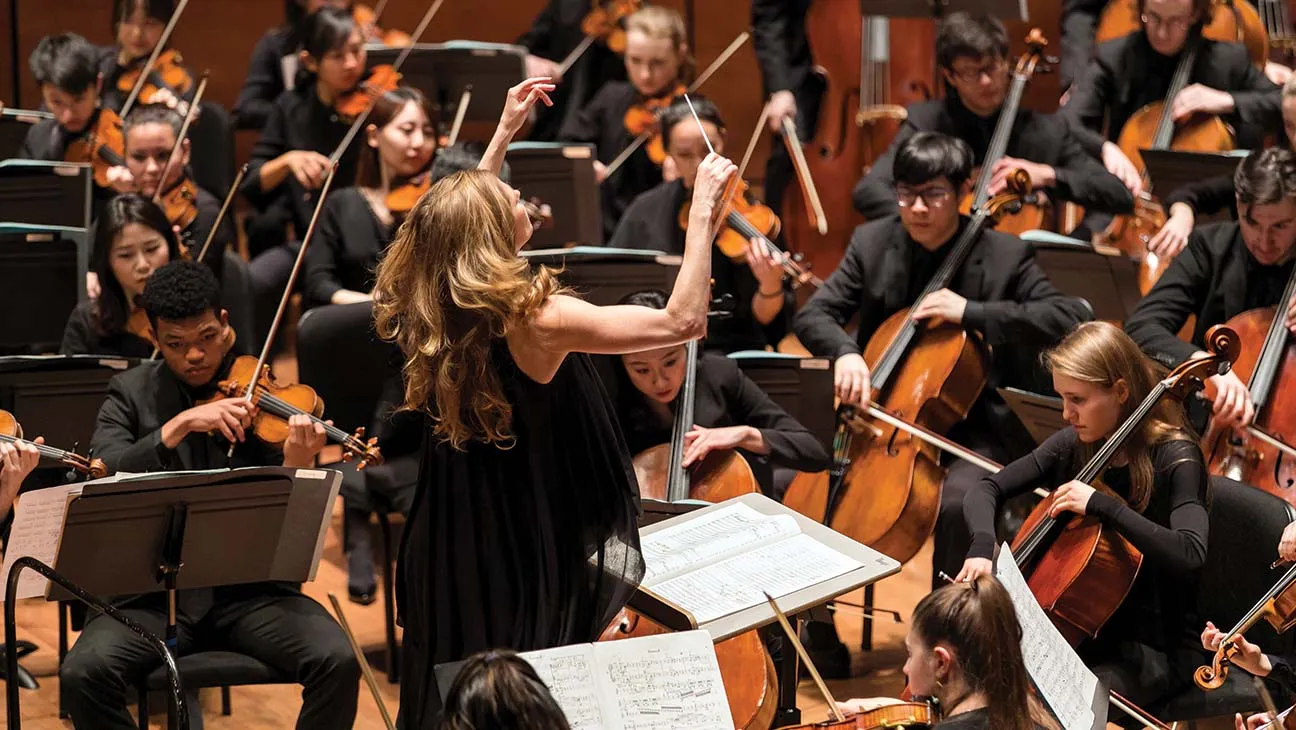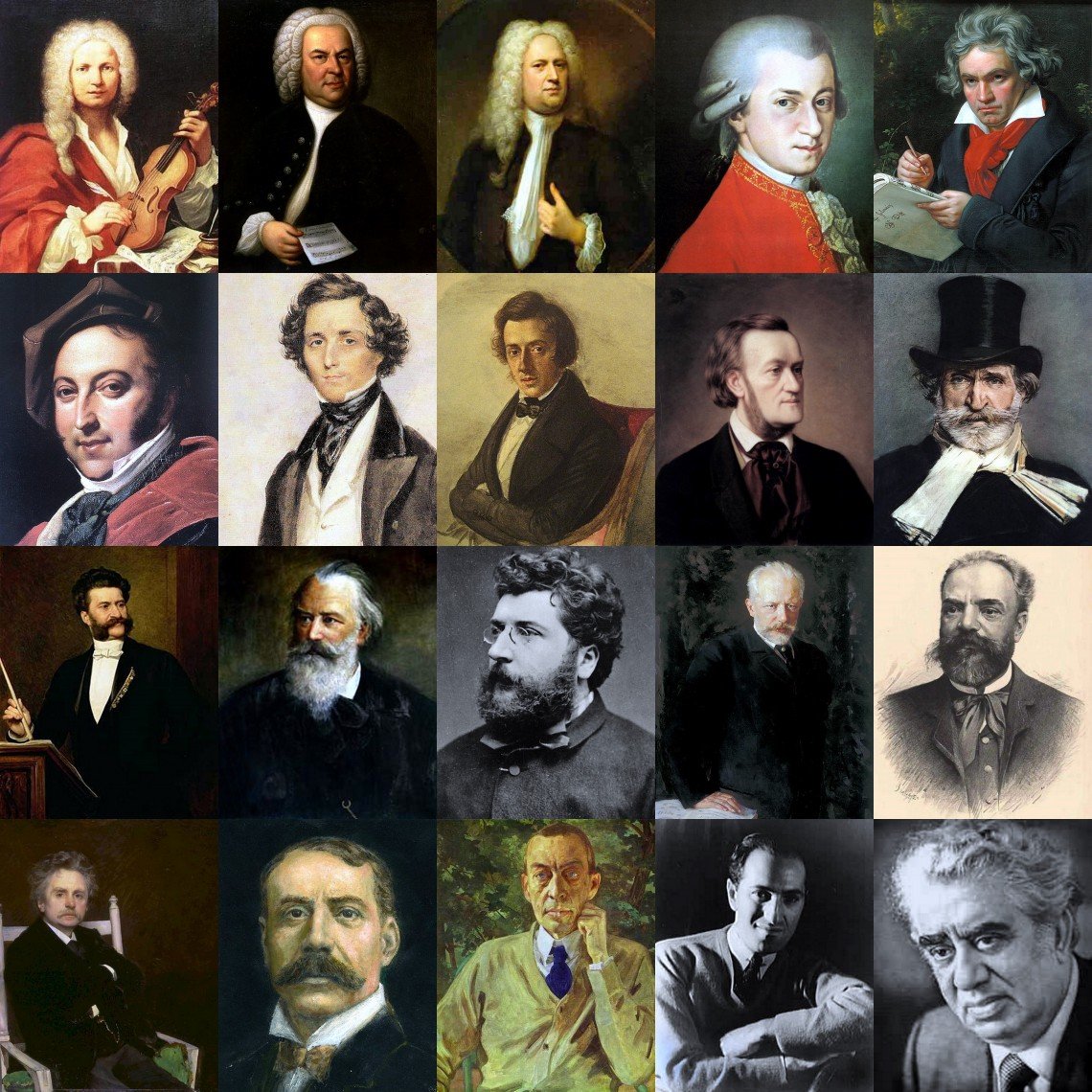Video game soundtracks play a crucial role in immersing players, enhancing storytelling, and setting the mood for gameplay. Composing music for video games is a unique challenge that combines creativity, technical skill, and a deep understanding of the gaming medium. Let’s explore how music composers craft these unforgettable soundtracks.
Understanding the Game’s Vision
Before composing, music creators collaborate with game developers to understand the game’s vision. This includes:
- Theme and Tone: Is the game adventurous, eerie, or lighthearted?
- Setting: A fantasy realm, futuristic world, or historical backdrop influences musical choices.
- Storyline: Music enhances the narrative by evoking specific emotions.
Composers often receive concept art, scripts, or even early gameplay to inspire their work.
Dynamic Music: Adapting to Player Actions
One of the most distinctive aspects of video game music is its interactivity. Unlike films, where music follows a fixed timeline, video game soundtracks must adapt to player actions. This involves:
- Layering: Composers create tracks with multiple layers that blend seamlessly. For example, additional instruments or melodies might play during combat.
- Stingers: Short, impactful musical cues triggered by specific events, such as finding a treasure or defeating an enemy.
- Adaptive Transitions: Smoothly shifting between themes as gameplay changes, such as moving from exploration to a boss battle.
Tools and Technology
Composers use advanced tools to design and implement soundtracks:
- Digital Audio Workstations (DAWs): Software like Logic Pro and FL Studio is standard for composing and mixing.
- MIDI: Allows precise control over instrumentation and arrangements.
- Middleware: Programs like FMOD and Wwise integrate music into the game engine, enabling dynamic playback based on player input.
Crafting Themes and Motifs
Memorable video game soundtracks often feature recurring themes or motifs associated with characters, locations, or events. For example:
- Character Themes: A unique melody for the protagonist or antagonist.
- Location Themes: Music reflecting the environment, such as tranquil strings for a forest or heavy percussion for a dungeon.
- Emotional Resonance: Music that mirrors the player’s journey, growing more complex or intense as the story progresses.
Collaboration with Sound Designers
Composers frequently work alongside sound designers to ensure cohesion between music and sound effects. This collaboration ensures that music doesn’t overshadow or clash with in-game sounds like footsteps, weapon effects, or dialogue.
Testing and Feedback
Before finalizing the soundtrack, composers test their music within the game. This step ensures that the music:
- Matches the pacing of gameplay.
- Enhances emotional moments without being intrusive.
- Seamlessly adapts to various in-game scenarios.
Iconic Examples of Video Game Soundtracks
- The Legend of Zelda Series (Koji Kondo): Timeless themes that evoke adventure and nostalgia.
- The Witcher 3: Wild Hunt (Marcin Przybyłowicz): A rich, atmospheric score blending traditional and modern elements.
- Journey (Austin Wintory): A Grammy-nominated soundtrack that dynamically evolves with player progression.
Conclusion
Crafting music for video games is both an art and a science, requiring composers to merge emotional storytelling with technical precision. By understanding the game’s vision, embracing dynamic techniques, and leveraging cutting-edge tools, composers create soundtracks that elevate the gaming experience and leave a lasting impact on players.








